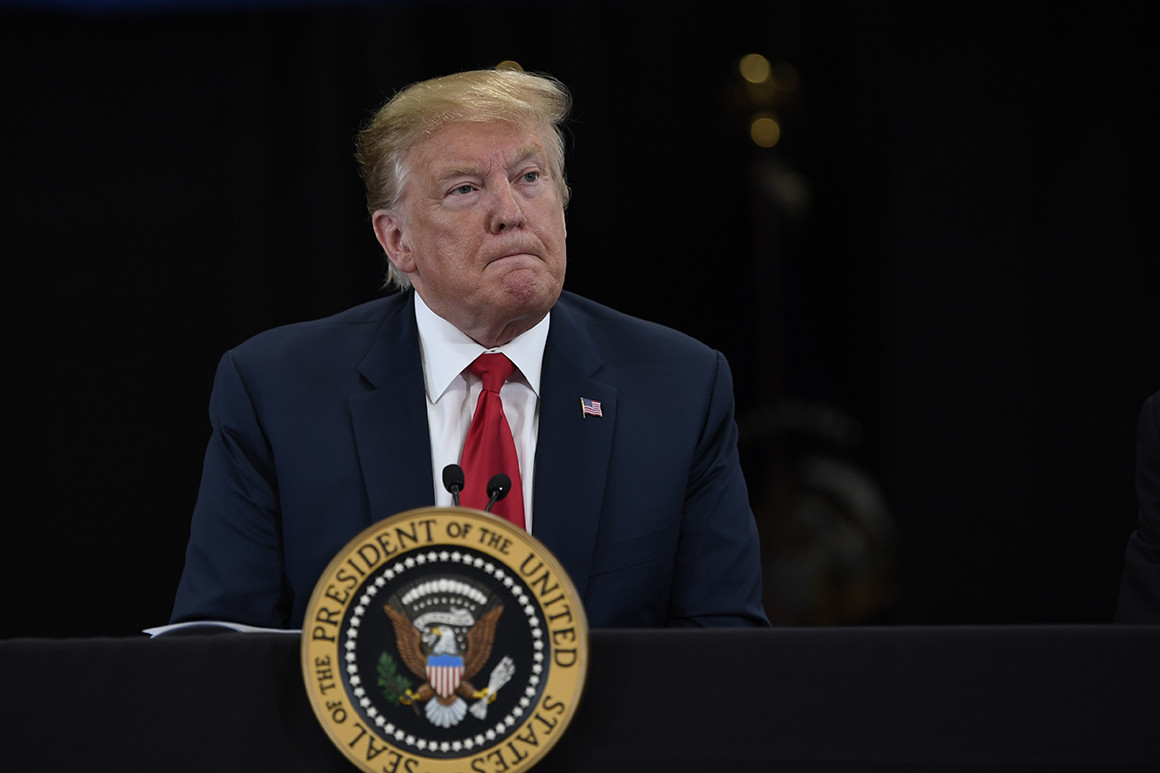Opinion
Lessons Nigerians should learn from the Donald Trump presidency

By Damilola Olawuyi
The manufactured crisis after the 2020 US elections highlighted the divisive tenure of the US President Donald Trump and the turbulent climate in the United States since he descended from Trump Towers to announce his candidacy. In Nigeria, President Trump maintains robust support amply demonstrated by rallies in support of him since his election in 2016.
The similarities between Nigeria and the United States are plentiful. The largest populations in their continents, diverse identities and histories of conflict amongst these tribes, presidential system of governance, the contest of power between various governing entities, major domestic terrorism threats and strong militaries with outsized roles in governance. The two countries have maintained strong relationships with each other going back to Nigeria’s independence in 1960. Even at the height of the diplomatic tensions, economic and diaspora relations continued to wax strong.
The United States has exacted a significant force on Nigerian politics. From Walter Carrington’s vocal stance against tyranny during General Sani Abacha’s regime, John Kerry visiting Nigeria to advocate for a peaceful election and US Senators writing to Attorney-General Abubakar Malami on the arrest of Omoyele Sowore, the United States has often stood for democracy, human rights and the rule of law in Nigeria.
Donald Trump provokes strong reactions from supporters and detractors globally. His presidency has been the subject of many debates and conversations. In Nigeria, It can be difficult to articulate how Donald Trump and his presidency negatively impacts local events. For many, the United States is a far off place where there is an aunt or uncle who visits every Christmas or sends money for major extended family projects.
Donald Trump presided over the accelerated retreat of American engagement globally. In the instances where it has engaged, the knee jerk reaction to the news, failure to engage in regular policy processes and conflation of personal and governmental interests has led to an abandonment of traditional American values. From the rollback of democracy in Hong Kong and mass incarceration of Uighurs and other Muslim minorities by the Chinese to Russian assassination of dissidents, Trump has spent his term attacking the foundations of democracy in his country and largely sat out concerted assaults on this institution around the world.
Democratic beliefs are harder to defend as anti-democratic forces have resurged in places that had made modest gains. This is especially true in Nigeria where the current administration has declared that the rule of law must be subservient to undefined national security priorities, ignored court orders and neutered accountability mechanisms. Naturally, many supporters of President Buhari have pointed to events in the United States to justify these actions.
Donald Trump has engaged in an identity-driven violent form of politics. The pandering to his base, the weaponization of the law, the war on facts and refusal to forcefully denounce violent behaviour of his supporters has resulted in the fraying of social fabrics. His rejection of civil discourse and a win-at-all-costs mentality led to his refusal to accept the results of valid elections. His call to arms of his supporters led to a domestic terror attack at the US Capitol that claimed 5 lives and has led to his second impeachment. Back home, a variant of this type of dog-whistling is now a feature of Nigerian politics where office seekers are more of local champions than nationalists.
Donald Trump ordered the deployment of military force in domestic affairs. The threat by Donald Trump to order US regular troops deployed on their southern border to shoot protesting migrants was a justification deployed by the Nigerian Army for shooting Shia Muslims in Abuja in 2018. The use of the Park Police and other law enforcement agencies to violently clear peaceful protesters from Lafayette Square in Washington DC last year bear eerie similarities to the violent removal of peaceful protesters from the Lekki Toll Gate a few months later.
As Trump’s Presidency comes to a tragic end, we must look at the damage to democracy that Donald Trump and authoritarian goons have wrought across the world. Serious questions have been asked of democracy as a model of political organisation even before his rise. China’s rise as a great power provides a competing model of prosperity without social freedoms. Nationalists appeal to the deeper emotions of their compatriots such as the muscle-flexing of Russia’s Vladimir Putin and the military adventuring of Turkey’s Recep Erdo?an.
As we continue our march forward, we must confront the crises that daily threaten us as a country. It is time for us to answer the questions that are constantly being posed to us. Lovers of freedom must engage in the debate with answers based on democratic principles. These principles are the most viable path to building a more egalitarian society. The answer to the problems of democracy is more democracy, Democrats must take up its banner again.
Damimola Olawuyi is an aircraft engineer with a Nigerian airline and when not fixing aircraft, is a geopolitical analyst. He writes from Lagos.
Disclaimer
It is the policy of NewsWireNGR not to endorse or oppose any opinion expressed by a User or Content provided by a User, Contributor, or other independent party. Opinion pieces and contributions are the opinions of the writers only and do not represent the opinions of NewsWireNGR
kindly donate to the work we do using our interim PAYPAL https://www.paypal.me/NewsWireNGR






